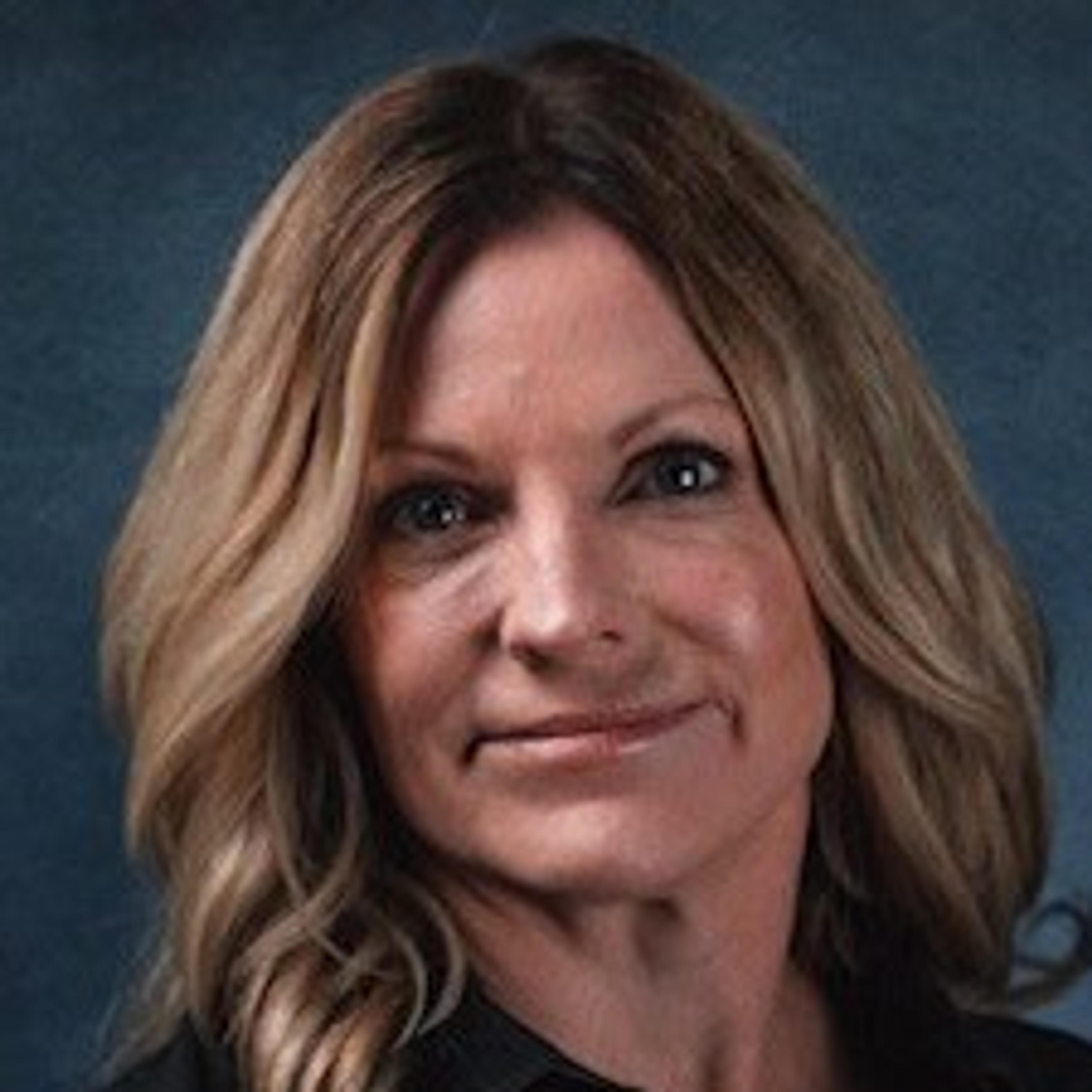Performance Pressure on the World Stage

Dr. Kristyn Gregory, D.O.
| 4 min read
Dr Kristyn Gregory, D.O., is a former medical director at Blue Cross Blue Shield of Michigan. Dr. Gregory is a native Michigander and a graduate of medical school at Midwestern University in Chicago. She completed her adult psychiatry residency at Henry Ford Detroit Michigan, and child and adolescent psychiatry fellowship at Wayne State University. She is a diplomate of the American Board of Psychiatry and Neurology.

The world watched last month as Simone Biles stepped away from the team competition at the 2020 Olympics in Tokyo after she nearly spun out of control on a vault. In the heat of competition, Biles chose to prioritize her own needs; knowing that without being mentally strong, she could put her body at risk of serious injury. She later also withdrew from the individual all-around competition, saying she needed to focus on her mental health. Even for elite athletes at the top of their game, fear, self-doubt and anxiety can cripple their performance. They have the same struggles as the rest of us. Mental health issues impact everybody. Olympic swimmer and 28-time gold-medalist Michael Phelps, now retired, has been open about his own struggles with depression, and is featured in an ad campaign for the online therapy site Talkspace. “Being an athlete you’re supposed to be this strong person who doesn’t have weaknesses, doesn’t have any problems. No, that’s wrong. I struggle through problems just like everybody else does,” Phelps said in an interview with Time Magazine. Tennis champion Naomi Osaka also has been public about her mental health this summer, posting about her social anxiety and battles with depression. After announcing she would not participate in news conferences at the French Open because they could aggravate her existing anxiety, a dispute with tournament officials prompted her to drop out of the competition entirely. “Though the tennis press has always been kind to me … I am not a natural public speaker and get huge waves of anxiety before I speak to the world’s media. I get really nervous and find it stressful to always try to engage and give you the best answers I can,” Osaka wrote in a social media post. “I was already feeling vulnerable and anxious so I thought it was better to exercise self-care and skip the press conferences.” It’s encouraging to see major athletes turn a spotlight to the importance of mental health – as it breaks down some of the stigma many people feel about talking about their own struggles or feelings. The pressure of competition isn’t the only thing that can weigh on athletes’ mental health. For some athletes, their sport of choice may be their outlet for their existing stress or a coping mechanism for their existing anxiety. But under the bright lights when it’s time to perform, a sport that once was an outlet turns into something else. We’re not all Olympic athletes; many of us struggle with exercising regularly. But all of us, no matter what our workout schedule may be, face the same mental health challenges – the same doubting voices inside our heads; the same intrusive thoughts when we falter or have our confidence shaken.
- Recognize that it’s not a character flaw to feel overwhelmed by stress, to feel anxious or depressed. Fight the stigma in your own mind that there’s something wrong with you for feeling this way – and instead take the first step to acknowledge your feelings.
- Start by making time for yourself by taking small breaks throughout the day.
- It’s OK to not be feeling OK, and it’s OK to ask for help: talk to a friend or see a therapist.
- Find a way to move your body that feels right to you.
- Get enough sleep. Without a solid sleep schedule, you’ll be less able to function at work or at home – which can make depression worse.
- Though you might feel pulled to overuse drugs and alcohol, resist the urge – as in the end they will worsen depression and stress.
Athletes are in a unique position to help break down the stigma about mental health. So often the conversation in sports is so much about physical strength and achievements that athletes seem superhuman. To see athletes using their platform to share their personal mental struggles will undoubtedly help someone else start to process their own. Dr. Kristyn Gregory, D.O., is a medical director of behavioral health at Blue Cross Blue Shield of Michigan. More from MIBluesPerspectives:
- A 2021 Back-to-School Health Checklist
- Men and Mental Health: Stigma and the Hidden Signs
- 7 Pandemic Habits to Continue
Photo credit: Getty Images





